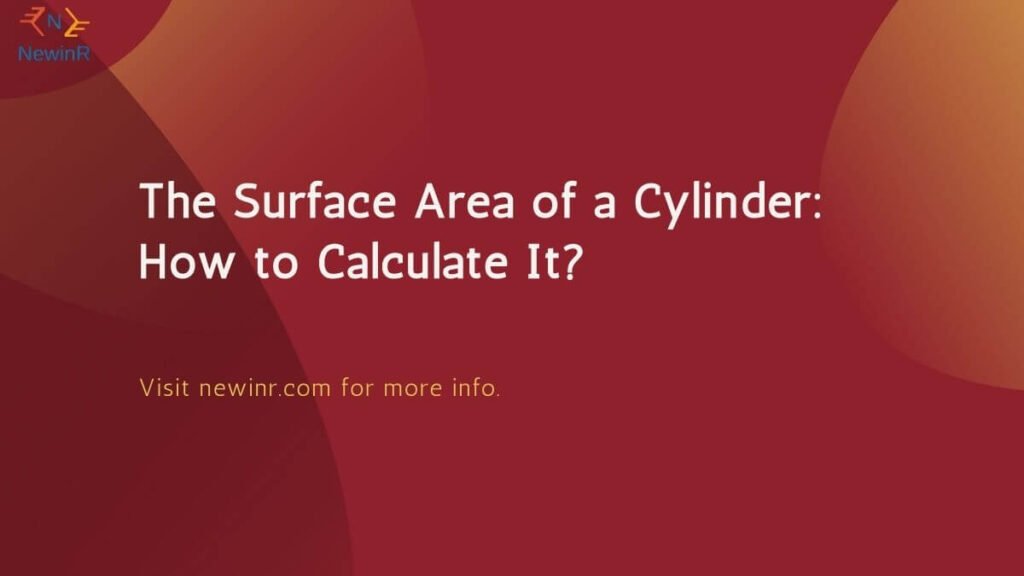What is Estate Planning?
Estate planning is about preparing for the future and ensuring your assets and property are taken care of the way you want. It’s not just about what happens after you’re gone, but also what happens if you cannot make decisions for yourself due to illness or injury. Estate planning is a smart move for anyone who wants to have control over their affairs and protect their loved ones.
Essentially, estate planning is creating a plan for your assets, property, and healthcare wishes. This might involve creating a will, setting up trusts, choosing someone to act as your power of attorney, or making other important decisions. The goal is to ensure that your wishes are respected and that your loved ones are cared for, no matter what the future holds.
Planning also helps to minimize taxes, legal fees, and other costs that can eat away at your assets, making it an important step for anyone who wants to preserve their wealth and provide for their loved ones. If you’re considering estate planning, seek guidance at Castro Law Offices to learn how easy it is to begin this process.
How You Can Protect Your Legacy
Wills and Trusts
A will is a legal document that outlines how a person’s assets will be distributed after death. At the same time, a trust is a legal arrangement that allows a third party to hold and manage assets on behalf of another person.
Wills are an important tool for estate planning because they ensure that a person’s assets will be distributed according to their wishes rather than subject to the state’s default laws. This can be particularly important for people with complex financial situations who want to ensure that their assets are distributed in a way that is tax-efficient and takes into account the needs of their loved ones.
On the other hand, trusts are used to manage assets during a person’s lifetime and after death. For example, a person might set up a trust to manage assets for their children or to provide for a spouse in the event of their death. Trusts can be structured in various ways to meet a person’s specific needs and help ensure that assets are protected from creditors, lawsuits, or other claims.
Power of Attorney
A power of attorney is a legal document that gives someone else the authority to make decisions on behalf of another person. This is important in estate planning because it allows someone to manage their financial and medical affairs if they cannot do so themselves.
Health Care Directives
Health care directives, also known as living wills, outline a person’s medical treatment preferences if they cannot decide for themselves. This is an important part of estate planning because it helps ensure that a person’s wishes are respected if they become incapacitated.
Inheritance Tax Planning
Inheritance tax planning involves taking steps to minimize the amount of tax owed on an estate after a person dies. This can include strategies like gifting assets during one’s lifetime, setting up trusts, or using other estate planning tools.
Estate Administration and Probate
Estate administration refers to distributing a person’s assets after their death, while probate is the legal process by which a will is validated, and assets are distributed. Estate planning can simplify the administration and probate process by making it easier to distribute assets according to a person’s wishes.
Conclusion
In conclusion, estate planning is essential for anyone who wants to ensure that their assets and property are taken care of according to their wishes and that their loved ones are protected. By creating a comprehensive estate plan, individuals can ensure that their wishes are respected, minimize taxes and other costs, and provide peace of mind for themselves and their loved ones. Whether you are just starting or approaching retirement, estate planning is a smart move that can help you secure your financial future and provide for your loved ones.
Thanks For Visiting this website any doubts, you can comment below; if you want the latest updates on this helpful information, follow Google News.
The information on this page is provided on an “as is” basis with no guarantees of completeness, accuracy, usefulness, or timeliness. As an independent third-party content provider provides the information on this page, there are no warranties or representations in connection.








